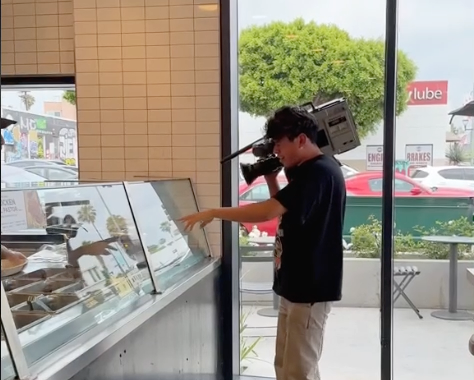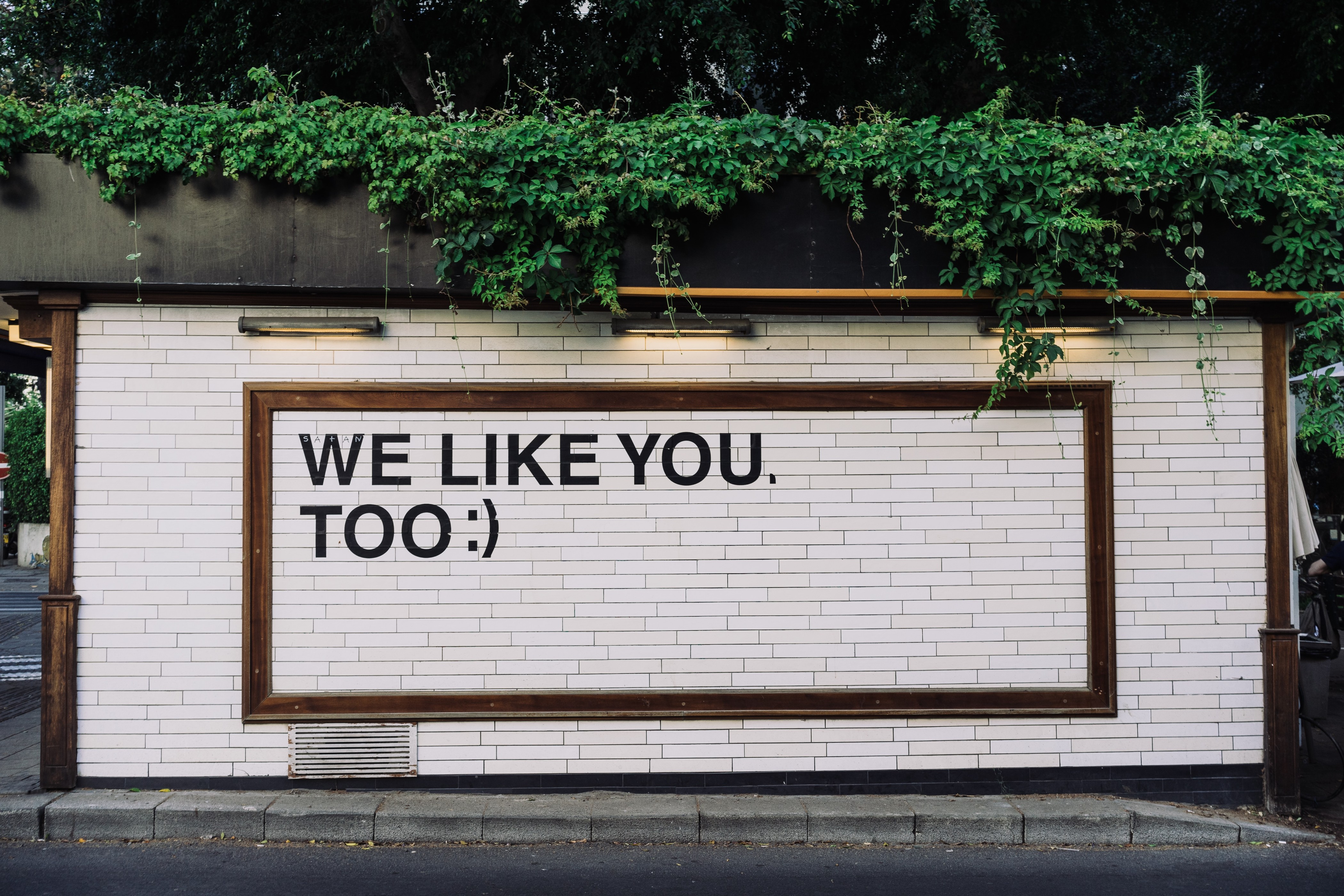How to Choose the Right Marketing Agency
You know you need marketing help, but with so many options, choosing the right marketing agency for your business can seem daunting.
3 min read
 Kevin Smith
:
6/4/24 2:52 PM
Kevin Smith
:
6/4/24 2:52 PM

Today, brands are more vulnerable than ever to social media trends that can rapidly influence consumer perception.
Many consumer brand marketers dream of going viral or being part of a trend. Imagine the excitement in the Stanley offices in 2019 when, just as they were considering discontinuing their Quencher product due to poor sales, an e-commerce blogger with a large following recommended their tumbler.
Fast-forward to today, and you can't go anywhere without seeing them.
Or at Ocean Spray, when they experienced a massive spike in sales after a TikTok user named Nathan Apodaca filmed himself on a skateboard listening to Fleetwood Mac while drinking Ocean Spray cranberry juice.
Nathan was not a celebrity at the time. He was a 41-year-old warehouse worker in Idaho. His video went viral, and the company's products flew off the shelves. He's since leveraged his viral moment to become an actor.
And while "going viral" or becoming part of a trend seems great, it's important to realize that it cuts both ways. In fact, most trends that brands try to start themselves fail. Successful trends are organic and driven by your audience—for better or worse.
A recent example of this is the TikTok trend concerning Chipotle's portion sizes, which underscores the power of viral content to shape brand narratives.
For marketers, understanding how to navigate such negative social media trends is crucial for maintaining and enhancing brand reputation.
The controversy began when a popular food influencer, Keith Lee, posted a TikTok video expressing dissatisfaction with his Chipotle order's quality and portion size.
@keith_lee125 Chipotle taste test 💕 would you try it ? 💕#foodcritic ♬ original sound - Keith Lee
His video quickly went viral, prompting a wave of similar complaints from customers. This led to a campaign to give Chipotle restaurants 1-star reviews, followed by walking out before the order was done if the portions were felt to be too small.
This ultimately led to the emergence of the current "phone rule" trend, where customers recorded their orders being prepared, hoping to pressure employees into providing larger portions.
@luna.escobar_ it looked pretty full when i was ordering it 😭 #bigback #bigbackactivities #fyp #foryou #foryoupage #chipotle #chipotlebowl #chipotlesponsorme @Chipotle ♬ MILLION DOLLAR BABY - Tommy Richman
As people felt that this was effective in guilting Chiptole employees into giving bigger portions, the trend grew in strength.
So much so that their CEO had to weigh in, denying the smaller portion sizes and saying that if a customer wants more food, they just need to give an (awkward) head nod.
People aren't buying it.
Positive social media trends can be great, but when a brand faces a negative social media trend, several challenges arise:
Social media allows information to spread quickly, often before the brand has time to respond. A response may take days or weeks in large organizations, given the many internal hoops that must be jumped through. This can result in a significant hit to the brand's reputation.
Viral trends attract widespread attention, leading to increased scrutiny from both consumers and the media. This can amplify negative sentiments and create a more hostile environment for the brand. The Chipotle trend may have started on TikTok, but it's now being discussed in local and national news.

Negative trends often involve misinformation or exaggerated claims. Brands must navigate the fine line between correcting falsehoods and appearing defensive, as many believed their CEO was being.
It is essential to keep a pulse on social media conversations. Consider using social media listening tools such as Mention to detect emerging trends and potential crises early. Regular monitoring helps identify issues before they escalate.

Have a crisis management plan in place that includes strategies for quick, transparent, and consistent communication. This is especially true in those larger organizations whose wheels may turn slower.
Additionally, vet your response with people who will judge it critically. Don't just assume a response that derives from a meeting with your legal team will work. Run the language by employees that fall within your target audience who will not be afraid to speak their mind and disagree with you if necessary.
A tone-deaf response will only add fuel to the fire.
Building positive relationships with influencers is crucial. As Keith Lee has shown, while influencers can enhance brand visibility, negative reviews can quickly go viral.
Imagine if, instead of ignoring or denying the accusations, Chipotle engaged with Keith and other influencers quickly and authentically to address their concerns and shape the narrative.
Brands can turn negative trends into opportunities by addressing issues head-on and showing a commitment to improvement. Consider Chipotle's response to this social media trend versus how Domino's responded to their negative social media years ago.
Domino's decided to agree with their negative reviews and take public action. Their response came across as sincere and authentic.
The 'phone rule' hack and the ensuing Chipotle controversy highlight the importance of agility and responsiveness in social media management.
For senior marketers and CMOs, staying ahead of trends, engaging authentically with customers, and leveraging crises as opportunities for positive reinforcement are key to maintaining a strong brand reputation.
By adopting these strategies and having a plan in place, brands can navigate the growing complexities of social media and emerge stronger from challenges like these.
Sign up for our monthly newsletter to receive updates.

You know you need marketing help, but with so many options, choosing the right marketing agency for your business can seem daunting.

Regardless of your political stance, if you work in marketing, you know that advertising during an election year is a different beast altogether.

Customer satisfaction is more than just a metric—it can be a valuable marketing tool.